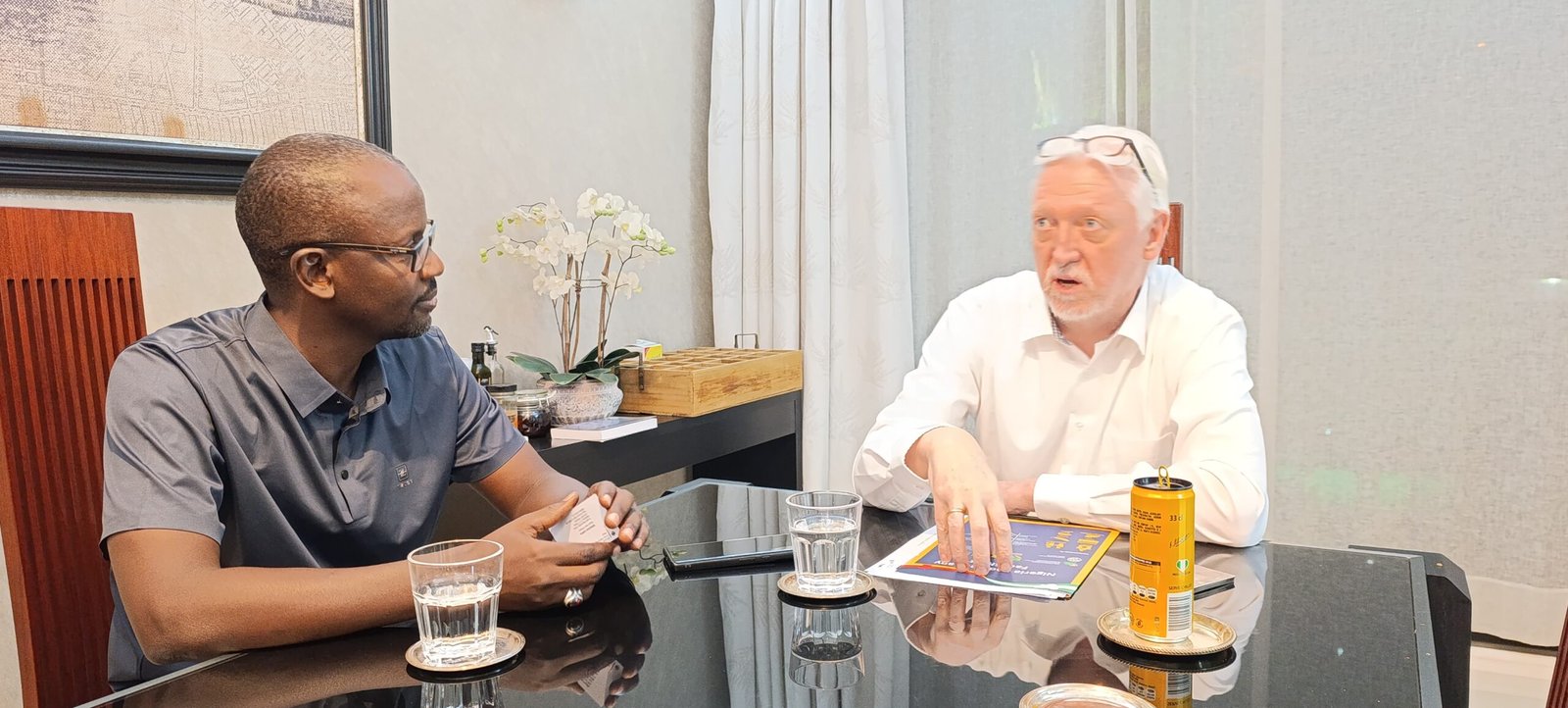
Insecurity: Germany restates commitment to media collaboration against disinformation
By Ahmed Abba
The German Government has restated its commitment to partner with the media through training of journalists on reporting conflicts and tackling disinformation in affected areas in northern Nigeria.
The Deputy Head of Mission at the German Embassy in Abuja, Johannes Lehne, made this known in an interview with the News Agency of Nigeria (NAN) in Abuja at the sideline of the concluded training for some journalists and members of civil society organisations from areas of conflict in the north.
The training was organised by European Union (EU) member states.
Lehne, who expresses concern over insecurity in the north, pledges support through media training on disinformation.
According to him, the crisis in the North has direct ripple effects beyond the region.
He said the situation fuelled by banditry, terrorism and disinformation had created humanitarian crises, food shortages and instability that extend from Borno to Sokoto, with consequences reaching Europe.
According to him, Germany recognises that insecurity in northern Nigeria is not a localised problem but one with international dimensions.
He said the spillover from the Sahel had also worsened the situation, making it imperative to address the root causes.
Lehne explained that part of Germany’s intervention was the training of journalists and civil society organisations to counter disinformation, which he described as a driver of extremism and authoritarian ideologies.
“We see the insecurity in the North, from Borno to Sokoto, with spillovers from the Sahel.
“This comes with disinformation that pushes people to think their country is failing them, while external actors exploit this with arms and dangerous ideologies,” he said.
He said disinformation often misled vulnerable populations, creating openings for extremist groups to distribute food or aid while spreading totalitarian ideologies that undermine democracy.
Lehne said that Germany’s approach was to empower local journalists with tools to distinguish false information from facts, thereby equipping them to provide balanced reports that strengthen public trust.
“The aim is for participants to always question information, seek the real reasons behind events and report in ways that enable citizens to make informed choices,” he said.
Lehne said the embassy was committed to further training tailored to evolving needs, including areas such as artificial intelligence, fake images and investigative journalism.
He urged journalists who had benefited from such capacity-building to pass on their knowledge to younger colleagues to ensure sustainability.
Lehne said the interest of Germany stemmed from the direct link between insecurity in Nigeria and the challenges of illegal migration, organised crime and terrorism affecting Europe.
“You see the effects in illegal migration across the Mediterranean to Europe and in criminal activities on our streets. This is why Europe cannot ignore insecurity in Nigeria’s North,” he said.
He emphasised that cooperation with Nigeria would not be one-sided, adding that journalists and civil society need to make their proposals on training needs and areas of collaboration rather than wait passively for foreign intervention.
“What we expect is that Nigerians also define their own demands and resources. It should not be a donor-receiver relationship. It has to be mutual,” he added.
Lehne reaffirmed Germany’s commitment to supporting Nigeria in tackling insecurity, stressing that strengthening local media capacity to fight disinformation was one of the sustainable ways to address root causes of violence.
NAN


